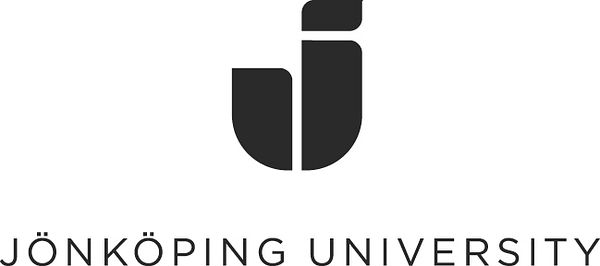Press release -
Globalisation as a hybrid process
Should the main goal for emerging economies really be to try and copy the way of the West? In a new doctoral thesis, Zehra Sayed challenges the view of “developed” and “developing” countries.
Zehra Sayed is a researcher with the Media Management and Transformation Centre at Jönköping International Business School, Jönköping University.
“The third world is under-estimated”, she says. “The very terms developing, third world, under-developed, all mean that these countries are inferior. This influences how academics describe the world and how we educate our students about the world, which in turn will influence them when they go and work for multinational companies. I hope to challenge some of these assumptions.”
In her thesis, Zehra Sayed explores the ambivalence or love and hate relationship of developing countries towards the West and foreign investments, and how that ambivalence influences international business processes. As an example she has studied knowledge transfer and knowledge spillover in the media industry, specifically from Reuters to its subsidiaries in India. She has interviewed several Indian journalists and other media workers, employed by Reuters as well as Indian news organisations.
“Knowledge transfer is when an organisation transfers its knowledge to subsidiaries in other countries. Knowledge spillover is when that same knowledge gets spread to the local industry by copying, or when employees leave the organisation and start to work for local firms and take the knowledge with them”, she explains.
Reuters’ operations in India made a good case to study, because it showed the contrast between an organisational practice coming from the West and established local practices. One of the main tasks of Reuters is to enforce its newsgathering principles at its subsidiaries to produce standardized news output. The interviews reveal the attitude that Reuters’ practices are generally superior, and Indian practices inferior.
What Zehra Sayed found was that local journalists would mix the knowledge they already had with their training from Reuters, forming a hybrid knowledge rather than the exact copy that the organisation expected. This is not unique for India, but in ex-colonies, there is a stronger expectancy from the organisation that knowledge should be copied exactly, and there is also a sense of inferiority from the local employees.
“If we rid ourselves of hierarchizing binaries, we may also challenge the assumption that non-Western countries should follow the development path of the West and that Western institutions and knowledge are inherently superior to those of developing countries”, says Zehra Sayed.
The West also often underestimates the issue of agency, the capability to act, in non-Western countries. But it is of crucial significance in understanding any economic processes.
“Globalisation should be understood as a hybrid process”, says Zehra Sayed. “The fantasy that the third world can replicate the development of the west is not possible, as through encounters between cultures, practices and ideas, there are only hybrid forms of outcomes, never neat copies. And these hybrid expressions are the result of agency and resistance towards the dominant power that multinational companies and other global institutions exert.”
Zehra Sayed successfully defended her thesis Postcolonial Perspective on International Knowledge Transfer and Spillover to Indian News Media – From Institutional Duality to Third Space on 17 March.
For more information please contact Zehra.Sayed@ju.se
Related links
Topics
Categories
Jönköping University Foundation is one of three independent institutions of higher education in Sweden offering postgraduate programmes. It is characterised by focused profiles, internationalisation, an entrepreneurial spirit and collaboration with surrounding society. Research and education are carried out at four schools: Jönköping International Business School, School of Education and Communication, School of Engineering and School of Health and Welfare. Jönköping University has some 10,000 registered students, 725 employees and a turnover of approximately SEK 800 million.
